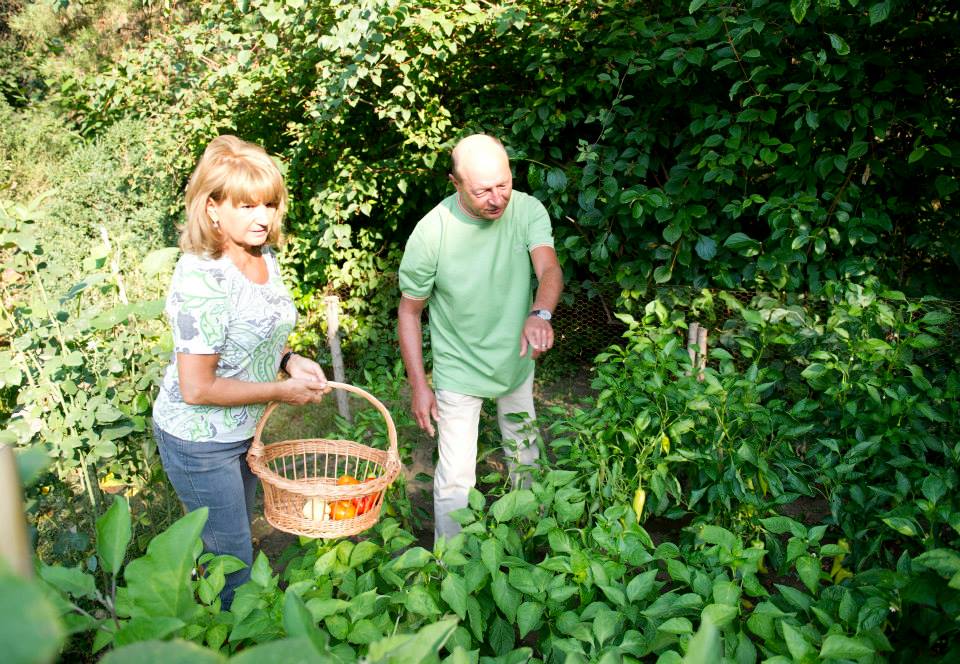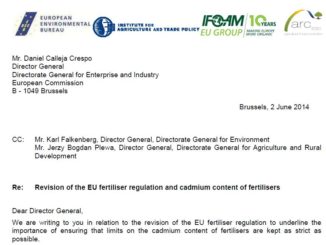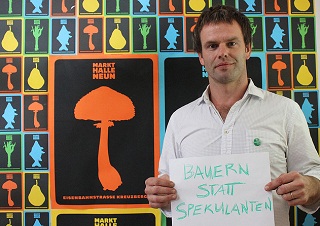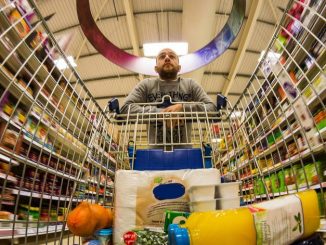Gardening is healthy. It’s good for the body, stimulating for the mind. In fact, a lot of great ideas were conceived in gardens, either pruning roses, weeding or just digging the soil. Gardening is also hip, now also among politicians. Maybe it creates a sort of “back to my roots” impression; after strategy meetings, official positions and lobby pressures, decision makers don’t mind getting dirty.

After his recent declarations, Traian Basescu, president of Romania, has joined the ranks of an elite club: presidential gardeners. This includes the founding fathers of the USA, many of whom had a deep knowledge of compost, First lady Michelle Obama with that organic garden at the White House the pesticide lobby found so irritating, and even and David Cameron, who has a vegetable patch on Downing street.
Speaking at the XIth Horticultural Congress held by the Romanian Academy of Agricultural and Forestry Sciences, Traian Basescu witnessed that in the last three years he cultivated all the vegetables needed for the presidential family’s self consumption: “I claim my right to be a small vegetable gardener. There are three years since I didn’t buy any tomatoes, cucumbers, peppers and squash in the summer, as I established a vegetable patch near my home. It is an extraordinary pleasure in the morning to harvest your own tomatoes and peppers and to make a breakfast with some cheese and then go to work”.
The president quickly returned to a strategic thinking: “Politicians have to take firm responsibility on agriculture…Recent successes were first of all generated by EU policies which favorably stimulated a couple of segments in the Romanian agriculture”. According to Basescu, politicians should assume the Agricultural Strategy, developed by a special Presidential Commission, which he hopes to be implemented as soon as possible in order to have an agricultural policy which would put value on quality, the capacity of the soil and the skills of Romanian farmers. “The objective has to be the elimination of imports. It is inadmissible that a country like Romania doesn’t ensure 100% of its food demand”, concluded Traian Basescu.
Unfortunately, the presidential strategy envisioning Romania’s agriculture until as far as 2030 runs counter to this folksy, small scale vision of farming. Indeed his actions could be seen as small scale gardening in the morning and the destruction of the possibility of this for rural Romania after breakfast, when he starts to work in his real job.
That’s because the main focus of Romanian agri-food policy is on the industrialization of agriculture, through promoting intensive methods, an export oriented market and the use of biotechnology. Concurrently, this vision sees small-scale scale farming and land fragmentation as a major disadvantage, not an asset on which the countries’ food sovereignty can be built.
After the disappointing Governmental vision, issued at the beginning of this year, now Romanian peasants find yet another strategy working against them. In the light of all this proposed industrialization, one must wonder: Should we follow the example of Traian Basescu, the self-sufficient gardener, or the agricultural strategy of the Romanian president?





